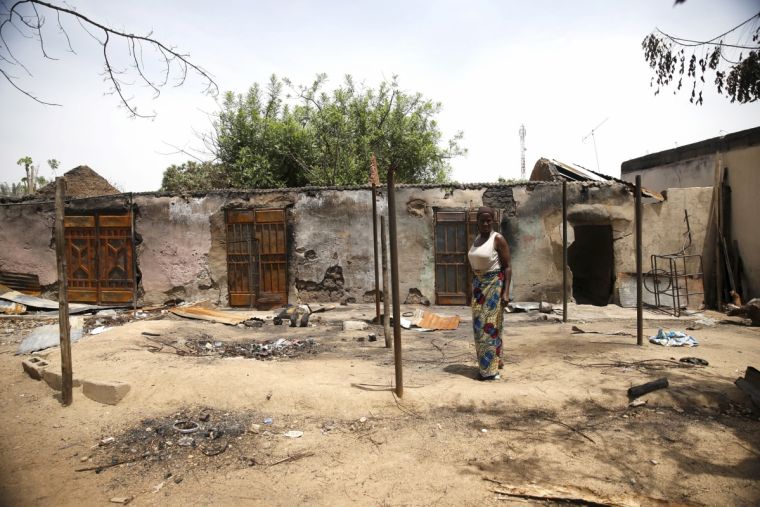Churches destroyed, Bibles burned: Nigerian church leader on Christians returning home after Boko Haram

For years a key state in Islamist terror group Boko Haram's attempt to create a caliphate, parts of Adamawa state in northeastern Nigeria have now been liberated by government forces. However, as civilians begin returning home, they are finding it difficult to adjust to life after the insurgency.
"Sporadic attacks by Boko Haram continued, but the Christians I met returned home despite the dangers. Worse still, Boko Haram had all but destroyed their villages," church worker Isaac (name has been changed) told World Watch Monitor.
"The first thing I noticed after arriving was the great emotional strain on the returnees. A lucky few were able to reunite with family members, but many widows and orphans experienced afresh what life without their lost loved ones really means."
Isaac said that many Christians were keen to return home after living in camps for displaced people, because some had "faced pressure to convert to Islam just to get food".
"An estimated two million people were displaced by Boko Haram in northern Nigeria and the government wants people to return home because it's unable to provide for so many," he said.
However, the return home has not been easy.
"To have fled violence and returned to ghost-towns was hard on them," Isaac said. "Boko Haram destroyed whole communities – homes, schools, health centers and churches were not spared. They systematically destroyed water pumps and polluted wells by dumping corpses in them.
"Farms that were deserted have led to a shortage of food, and malnutrition – especially among children – is common."
In July, the UN's children's agency, Unicef, warned that nearly a quarter of a million children were suffering from life-threatening malnourishment in Boko Haram's home state of Borno, which neighbours Adamawa, and one in five are at risk of dying.
Furthermore, Adamawa has a large Christian population, and Boko Haram has systematically targeted churches and Christians since its uprising in 2009.
"Church buildings suffered," Isaac said. "One pastor told me there wasn't a single Bible left – all were burned."
"This is one of the most painful things for us to deal with – not having the word of God in our hands" the pastor told him.
However, despite the difficulties, Nigerians are trying to move forward, Isaac added.
"These Christians refuse to let the challenges stop them from taking back their homes," he said.
Families are rebuilding temporary houses out of wood, grass and mud, and churches have begun holding services again.
"Some were rebuilt, but many others couldn't afford the costs, so gathered under trees or met in the ruins of their former church building," Isaac said.
"One church was little more than a skeleton, with no roof or walls. The congregation placed anything resembling a seat on the ground so they could hold a service without having to sit in the dirt.
"[Their] desperation was matched by determination."











